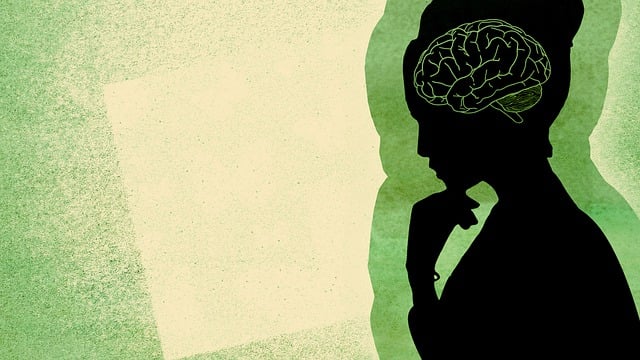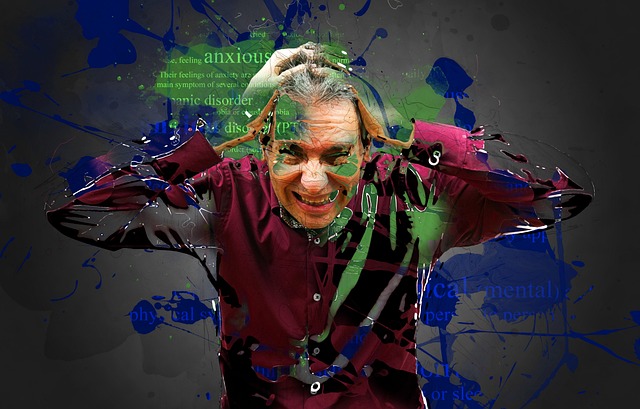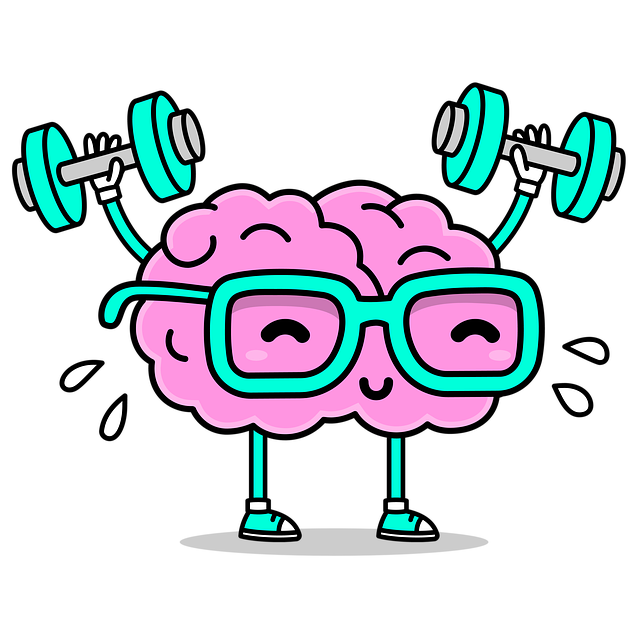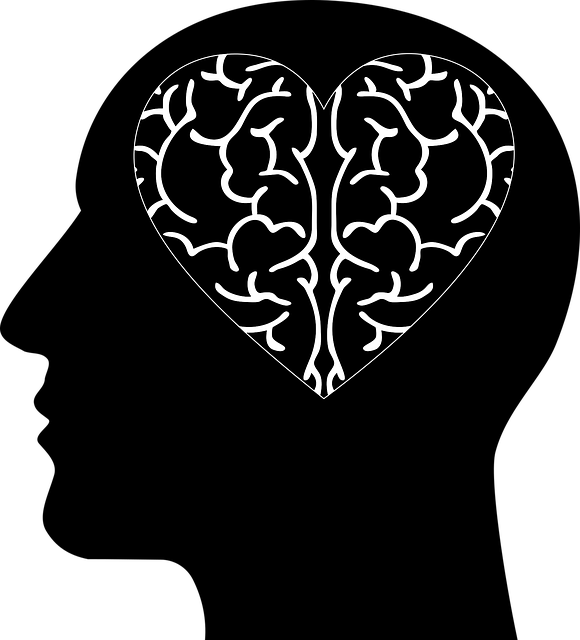The elderly population faces unique stress management challenges due to physical, emotional, and social factors such as health conditions, isolation, and role changes. Unaddressed stressors can lead to anxiety and depression. Tailored interventions like therapy for spiritual-religious issues, self-awareness exercises, mental wellness coaching, and stress management workshops are crucial for coping and enhancing well-being. These initiatives foster community, significantly improving quality of life. Exploring spiritual-religious techniques, such as mindfulness meditation and positive thinking, offers emotional support and combat isolation. Combining traditional wisdom with modern therapy enhances the lives of older adults navigating stress.
Stress management techniques are crucial for maintaining mental well-being, especially among the elderly population who face unique challenges. This article delves into understanding the specific sources of stress in older adults and explores effective therapy for elders, with a focus on spiritual-religious issues. We discuss practical implementation strategies and support methods for teachers aiming to facilitate successful stress management practices tailored to this demographic. By combining spiritual and secular approaches, we can enhance quality of life for seniors.
- Understanding Elderly Stress and its Unique Sources
- Exploring Spiritual-Religious Techniques for Stress Management
- Practical Implementation and Support for Effective Teaching
Understanding Elderly Stress and its Unique Sources

The elderly population faces unique challenges when it comes to stress management due to a confluence of physical, emotional, and social factors. Understanding the specific sources of stress for seniors is crucial. Many older adults grapple with chronic health conditions, isolation, and changes in their roles within families and communities. These issues can lead to increased anxiety and depression, making effective stress-reduction techniques even more vital. For instance, a loss of independence or mobility, financial worries, and dealing with the passing of loved ones are common stressors that often go unnoticed but significantly impact overall mental wellness.
Addressing these concerns requires tailored interventions such as therapy for spiritual-religious issues, self-awareness exercises, and mental wellness coaching programs developed by organizations focused on senior care. Stress management workshops designed specifically for the elderly can provide much-needed support. These initiatives not only help seniors develop coping strategies but also foster a sense of community, which is essential for their overall well-being. By integrating these interventions, care providers can significantly enhance the quality of life for the elderly and promote mental resilience in the face of age-related challenges.
Exploring Spiritual-Religious Techniques for Stress Management

Exploring spiritual-religious techniques for stress management offers a unique and profound approach to well-being, particularly relevant for older adults grappling with life’s challenges. Many traditional religions and spiritual practices provide a framework for coping with stress by fostering a sense of purpose, community, and inner peace. For instance, mindfulness meditation, deeply rooted in Eastern philosophies, has gained prominence as an effective therapy for elders dealing with spiritual-religious issues. This practice encourages focusing on the present moment, calming the mind, and cultivating emotional intelligence—a key aspect of overall mental health.
Incorporating positive thinking, often a central tenet of various religious teachings, can also be powerful in managing stress. Believing in a higher power or a more optimistic outlook on life’s trials can help individuals find strength and resilience. These spiritual-religious techniques not only provide emotional support but also offer a sense of belonging and community, which is especially beneficial for elders who may face social isolation. By combining traditional wisdom with modern therapeutic practices, elders can discover holistic ways to navigate and overcome stress, enhancing their overall quality of life.
Practical Implementation and Support for Effective Teaching

Effective stress management teaching requires a practical and supportive approach tailored to the needs of elders. Incorporating techniques such as Mental Wellness Journaling Exercise Guidance can provide a sense of structure and purpose, helping individuals process their experiences and emotions. By encouraging regular reflection and self-care practices, educators can foster resilience and promote mental wellness among older adults.
Additionally, integrating Mindfulness Meditation into teaching strategies offers a powerful tool for managing stress. This ancient practice has gained recognition in modern therapy for Elders, addressing spiritual-religious issues while calming the mind and body. Through guided meditations, elders can learn to stay present, reduce anxiety, and enhance their overall sense of well-being, making it an invaluable component of comprehensive stress management education.
Stress management is a vital aspect of elderly care, addressing unique challenges faced by seniors. By understanding the specific sources of stress in older adults and incorporating spiritual-religious techniques, we can offer powerful tools for well-being. Practical implementation through supportive teaching methods enhances these practices’ effectiveness. Integrating therapy for elders’ spiritual-religious issues into their care plans not only promotes mental health but also enriches their overall quality of life.












